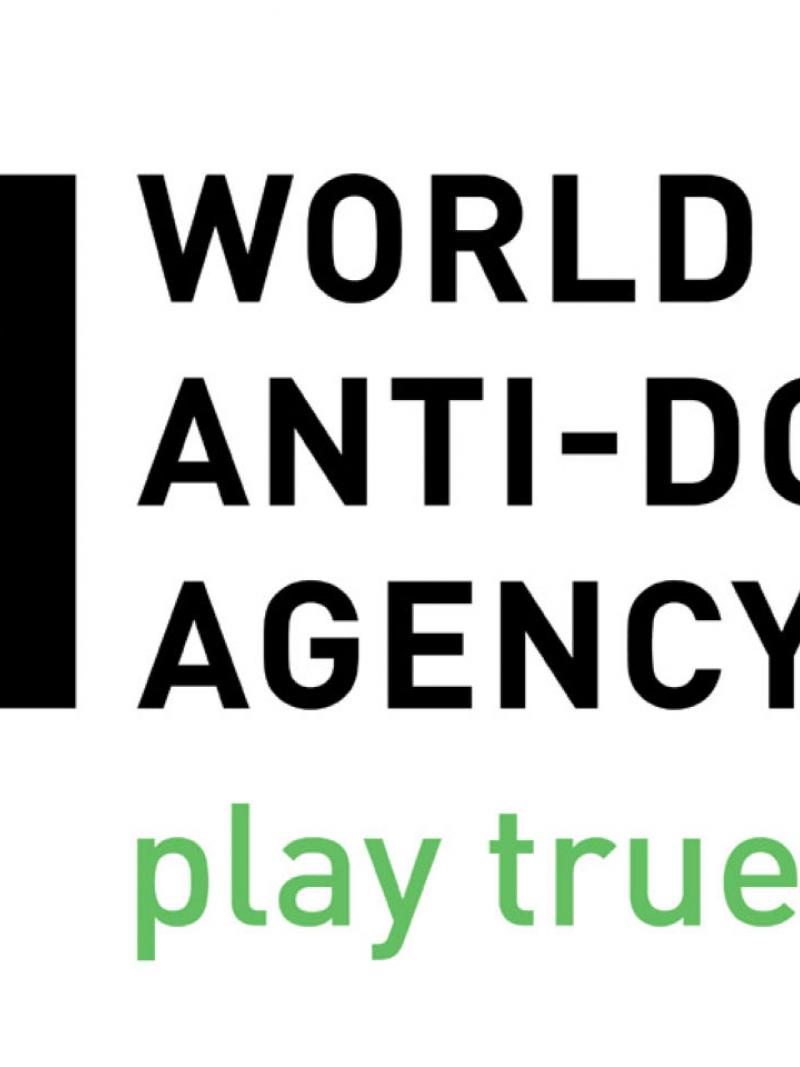WADA united to strengthen agency as leader of clean sport
The World Anti-Doping Agency Executive Committee discussed the 2017 Prohibited List and research projects. 23 Sep 2016
The World Anti-Doping Agency (WADA) held its Executive Committee meeting in Lausanne, Switzerland, on Wednesday (21 September).
Graciously accommodated by the Association of National Olympic Committees (ANOC), the Committee tabled topics ranging from the conclusions of WADA’s multi-stakeholder Think Tank held Tuesday (20 September) and the recent cyber-attacks on the Agency, to the standard annual approvals of the List of Prohibited Substances and Methods (Prohibited List) and Research Projects.
“WADA is very encouraged by the level of engagement and solidarity that was expressed by Executive Committee Members around the table today [Wednesday], which echoed the sentiment coming out of the multi-stakeholder Think Tank held yesterday [Tuesday],” said Sir Craig Reedie, President of WADA. “Members from Governments and the Sports Movement alike were united in saying that an independent WADA must be reinforced, and publicly supported, in service of clean athletes,” he continued.
The Director General, Olivier Niggli, delivered a full report that, among other things, apprised the Committee of the consensus reached during the Think Tank. Mr. Niggli advised members that the feedback received, and to be received via future Think Tanks and other channels, will be considered along with that of the Agency’s Foundation Board Meeting on 21 November 2016.
“Following the November meeting, a roadmap will be drawn up aimed at strengthening key areas of anti-doping; as well as, providing a direction for the future of the system,” Niggli said.
“WADA’s powers of investigation acquired in 2015 were instrumental in exposing Russian State manipulation of the doping control process,” Niggli continued. “We are more than open to learning from this experience and moving forward in the interest of strengthening the Agency and the global anti-doping system,” he said.
“In particular, we are focussed on strengthening our investigation team; implementing consequences for non-compliance; and, reviewing WADA’s governance and funding model. All constructive proposals aimed at strengthening clean sport are welcome.”
Among other topics, the Committee discussed:
• The final Independent McLaren Investigation Report, which will focus more on the identification of individual athletes who may have benefitted from Russian State manipulation. In particular, it was noted that Professor McLaren still intends to issue the Report by end of October.
• That the development of a comprehensive whistle-blower policy and programme is well underway and will be presented to the Executive Committee and Foundation Board in November. The Agency is focussed on delivering a programme that provides greater assurance to those that come forward with valuable information.
• That, later in the week, technical meetings are to be held related to the Independent Testing Authority, which is an idea that the IOC first floated in late 2015.
• That the Independent Observer (IO) report for the Rio 2016 Olympic Games was being finalised; and that it will be provided to the IOC shortly for factual review before being made public by WADA soon thereafter. A similar report will be produced for the Rio 2016 Paralympic Games, which wrapped up on 18 September.
• The election process related to the Agency’s Vice-Chair role, which is regrettably open following the passing of Rev. Dr. Makhenkesi Stofile on 15 August 2016. After a moment of silence recognising a great man and sports leader, the Committee agreed that the position would remain open until the 20 November Foundation Board. The Committee also appointed the following Chairs for the Agency’s Standing Committees, for three-year terms, commencing 1 January 2017 – the first three that are already in place.
1. Athlete Committee: Beckie Scott
2. Education Committee: Edwin Moses
3. Finance Committee: Francesco Ricci Bitti
4. Health, Medical and Research (HMR) Committee: Ugur Erdener
• The 2015 audited accounts; government contributions for 2016; the Special Research Fund that reached a final amount of USD 11,678,450 from government and the IOC; and, the Special Fund for Investigations that has receipts and commitments from Governments of USD 645,359 along with anticipated matching funding from the IOC.
• Non-compliant signatories; in particular, regarding RUSADA and what criteria they would need to work towards to regain compliance.
• The Committee was also apprised of the consensus reached during the Think Tank regarding the need for centralised World Anti-Doping Code (Code) compliance monitoring by WADA with proportionate and graded sanctioning powers. This would include more funding to ensure that regular auditing is being conducted and that the Agency is able to impose fines on non-compliant organisations.
• And approved the 2017 Prohibited List that will be published by 1 October and come into effect on 1 January 2017. It was agreed that every effort will be made to ensure that changes to the List are clearly communicated via numerous channels to stakeholders.
• Recent media coverage in relation to the cyber-attack; in particular speculation regarding the 48 per cent increase in Therapeutic Use Exemptions (TUEs) between 2014 and 2016. HMR Committee Chair, Valérie Fourneyron, took the opportunity to clarify that, in effect, this is purely a function of WADA’s Foundation Board decision of May 2016 to reinforce the mandatory requirement for Anti-Doping Organisations (ADOs) to enter all TUEs in WADA’s Anti-Doping Administration and Management System (ADAMS), combined with the effect of the Rio 2016 Olympics and Paralympics.
• The important role of laboratories and it was agreed that their direct involvement in the overall discussions regarding improvement of the system should be increased.





